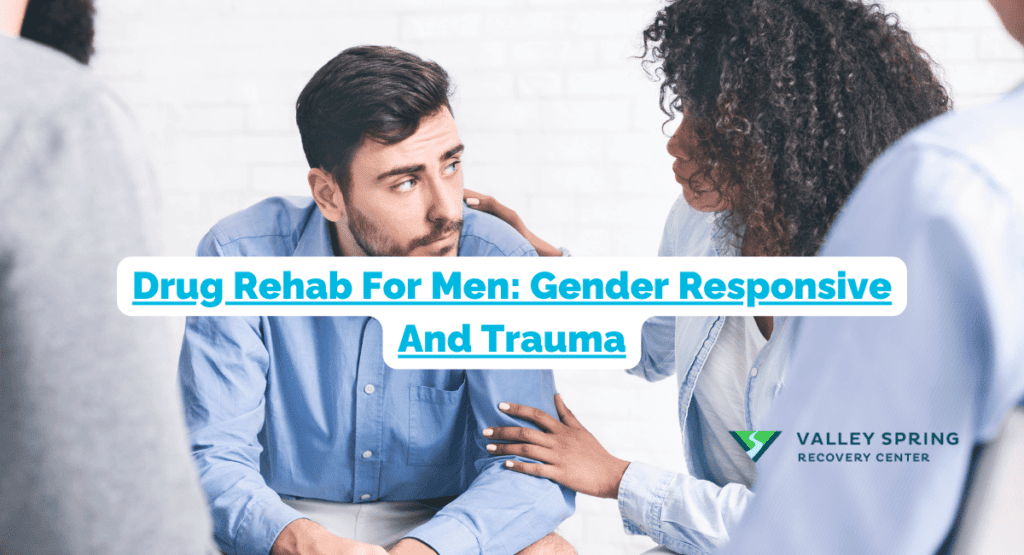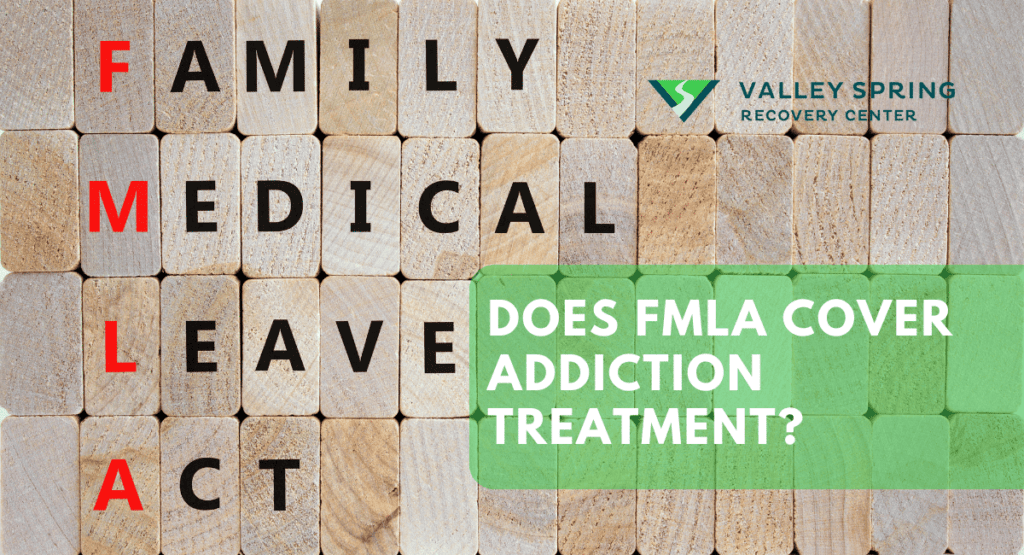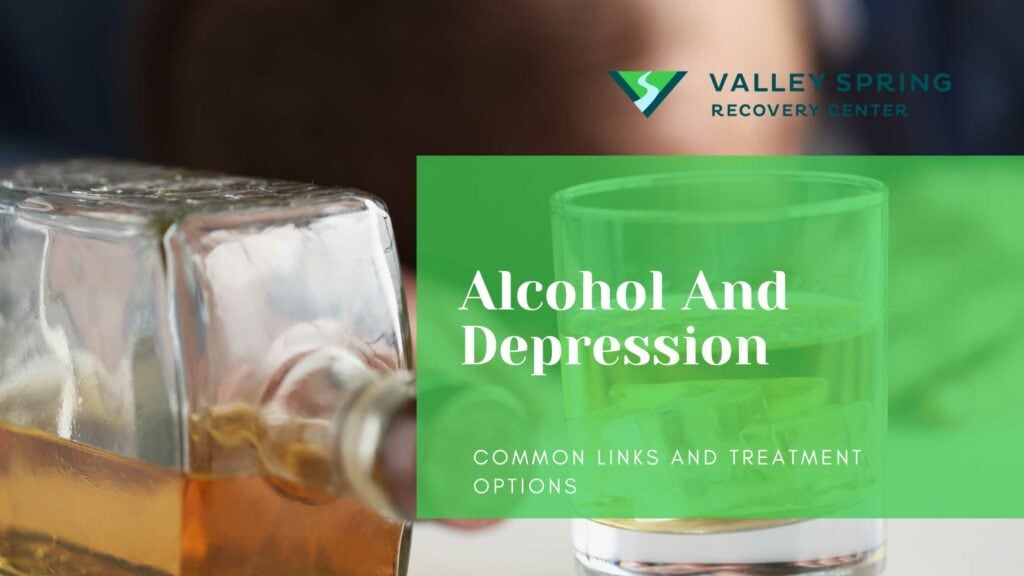Drug addiction is a complex issue that affects individuals from all walks of life, regardless of gender. However, men, in particular, face unique challenges and experiences in their journey towards recovery. Recognizing these specific needs, drug rehab programs have increasingly adopted a gender-responsive approach, tailoring their treatment strategies to address the distinct concerns of men.
The impact of trauma on addiction and recovery cannot be overlooked. Trauma can significantly influence an individual’s relationship with substances, making trauma-informed care an essential aspect of effective drug rehab for men. By combining gender responsiveness and trauma-informed approaches, drug rehab programs can provide men with the specialized support and tools they need to achieve lasting recovery and overall well-being.
What is addiction?
Addiction can be defined as a chronic, relapsing disorder characterized by compulsive drug seeking, continued use despite harmful consequences, and long-lasting changes in the brain. It is considered both a complex brain disorder and a mental illness. Addiction is more than just a physical dependence on substances; it also involves psychological elements that affect men’s behavior and thought processes.
Statistically, men are more likely than women to use almost all types of illicit drugs, leading to a higher rate of emergency department visits and overdose deaths. Men often show a preference for certain substances, like alcohol, cannabis, and opioids.
What is Trauma?
Trauma is a response to a deeply distressing or disturbing event that overwhelms an individual’s ability to cope, causes feelings of helplessness, and diminishes their sense of self, and their ability to feel the full range of emotions and experiences. It can result from an event, series of events, or set of circumstances that is experienced by an individual as physically or emotionally harmful or life-threatening and that has lasting adverse effects on the individual’s functioning and physical, social, emotional, or spiritual well-being.
The way trauma affects individuals varies significantly, and there are notable differences in how males and females typically experience and respond to trauma. One of the primary distinctions lies in the types of traumatic experiences commonly encountered by each gender. Women are more likely to experience sexual assault and child sexual abuse, while men are more likely to experience accidents, physical assault, combat, or witness death or injury.
How Does Substance Abuse Affect Men Differently?
Substance abuse can affect men differently due to various factors, including biological, psychological, social, and cultural influences. Here are some ways in which substance abuse may impact men differently:
1. Social and Cultural Pressures
Men may face unique social and cultural pressures that contribute to substance abuse. Societal expectations of traditional masculinity, which often emphasize strength, self-reliance, and emotional suppression, can discourage men from seeking help for substance abuse issues. Men may feel pressure to conform to perceived norms of heavy drinking or drug use, which can increase the risk of developing substance abuse problems.
2. Co-Occurring Mental Health Disorders
According to research by PubMed Central, men with substance abuse issues are more likely to have co-occurring mental health disorders compared to women. Conditions such as depression, anxiety, and antisocial personality disorder are commonly associated with substance abuse among men. These comorbidities can complicate the treatment process and require specialized interventions to address both the substance abuse and mental health aspects effectively.
3. Risk-taking Behaviors
Men often engage in more risk-taking behaviors than women, which can increase their susceptibility to substance abuse, a post by Neuroscience News suggests. Factors such as impulsivity, sensation-seeking, and a higher prevalence of externalizing disorders can contribute to men’s greater likelihood of experimenting with drugs or engaging in high-risk substance use patterns.
4. Health Consequences
Substance abuse can have specific health consequences for men. For example, men are more likely to experience liver disease and other alcohol-related illnesses due to higher rates of heavy drinking. They may also be at a higher risk of engaging in risky behaviors while under the influence of drugs or alcohol, leading to accidents, injuries, and other physical health problems.
5. Barriers to Help-Seeking
Men may face unique barriers when seeking help for substance abuse. The stigma surrounding help-seeking and the fear of being perceived as weak or vulnerable can discourage men from seeking treatment. Men may also encounter challenges in accessing appropriate care due to a lack of gender-responsive services or a reluctance to engage in traditional mental health or substance abuse treatment settings.
6. Relationship and Family Dynamics
Substance abuse can significantly impact men’s relationships and family dynamics. Men may experience strain in their relationships due to their substance use, leading to conflicts, breakdowns in communication, and difficulties in maintaining healthy connections. The impact on parenting and family responsibilities can be significant, affecting children’s well-being and overall family functioning.
Although these differences exist, each individual’s experience with substance abuse is unique, and not all men will fit into these generalizations. However, recognizing these differences can help inform the development of gender-responsive treatment approaches that address the specific needs and challenges faced by men in substance abuse recovery.
What is the Impact of Trauma For Men?

Trauma can have a significant impact on men in recovery from addiction. Trauma can be a common factor underlying substance abuse and addiction, as individuals may turn to substances as a means of coping with the emotional pain and distress associated with their traumatic experiences.
Men may experience trauma differently than women due to various factors, including societal expectations of masculinity, cultural norms, and gender roles. Men are often socialized to suppress emotions, display strength, and avoid vulnerability. As a result, they may be less likely to disclose or seek help for their traumatic experiences, leading to a higher likelihood of trauma going unrecognized or unaddressed. Men may also face barriers to expressing and processing their emotions, which can contribute to the development and maintenance of addiction as a maladaptive coping mechanism.
By integrating trauma-informed care into rehab programs, men in recovery can receive the necessary support to address the underlying trauma that may have contributed to their addiction. It allows them to work through their traumatic experiences, develop healthier coping strategies, and foster resilience. Trauma-informed care empowers men to heal from their past traumas, break free from the cycle of addiction, and build a foundation for long-term recovery and well-being.
Can Addiction Cause Trauma in Men?
Yes, addiction can cause trauma. Addiction itself can be a traumatic experience that has a profound impact on men’s lives. Trauma refers to experiences that are distressing and overwhelming and often result in a profound sense of fear, helplessness, or threat to one’s physical or psychological well-being.
Addiction can lead to a range of traumatic experiences and consequences. These may include:
- Physical and Emotional Harm
- Loss and Grief
- Legal and Financial Consequences
- Co-occurring Trauma
How Can Men Overcome Trauma in Drug Rehab?
Men can overcome trauma in drug rehab through a comprehensive and individualized approach that addresses both the addiction and the underlying traumatic experiences. Here are some strategies that can help men in drug rehab overcome trauma:
1. Trauma-Informed Therapy
Engaging in trauma-informed therapy is crucial for addressing and processing traumatic experiences. Modalities such as cognitive-behavioral therapy (CBT), eye movement desensitization and reprocessing (EMDR), and trauma-focused therapy can help men explore and heal from their trauma. These therapies provide tools to manage triggers, develop healthy coping mechanisms, and reframe negative beliefs associated with the trauma.
2. Safety and Supportive Environment
A safe and supportive environment is essential for men to feel comfortable sharing their traumatic experiences. Drug rehab programs that are trauma-informed create an atmosphere of trust, empathy, and understanding. They prioritize physical and emotional safety, ensuring that men feel secure in expressing their emotions and discussing their trauma.
3. Peer Support
Connecting with others who have experienced similar traumas can be immensely helpful. Group therapy or support groups within drug rehab provide a space for men to share their stories, gain support, and learn from each other’s experiences. Peer support can foster a sense of belonging and validation, reducing feelings of isolation and promoting healing.
4. Education and Psychoeducation
Learning about trauma and its effects can empower men to better understand their experiences and normalize their responses. Psychoeducation helps individuals recognize the connections between trauma and addiction, understand the impact of trauma on their lives, and develop insight into how trauma may have influenced their substance abuse. Education about coping strategies, stress management, and self-care techniques is also provided to equip men with practical tools for managing their trauma symptoms.
5. Holistic Approaches
Incorporating holistic approaches such as mindfulness, meditation, yoga, and expressive therapies can complement traditional therapy and support trauma healing. These practices promote self-awareness, relaxation, and emotional regulation, helping men develop healthy coping mechanisms and reduce the impact of trauma symptoms.
6. Aftercare Planning
A crucial component of overcoming trauma in drug rehab is developing a comprehensive aftercare plan. This may involve continued therapy, participation in support groups, and accessing community resources that specialize in trauma and addiction. Having a structured plan in place ensures ongoing support and helps men maintain their recovery and manage any lingering trauma-related symptoms.
Overcoming trauma in drug rehab is a process that requires time, patience, and professional guidance. The integration of trauma-informed care with addiction treatment provides men with the tools, support, and understanding necessary to heal from their traumatic experiences and pave the way for long-term recovery and well-being.
What are the Benefits of Tailored Drug Rehabs for Men

Tailored treatment for men offers several benefits that can enhance their recovery journey and improve treatment outcomes. Some of these benefits include:
1. Addressing Gender-Specific Issues
Tailored treatment for men recognizes and addresses the specific challenges and issues that men may face in addiction and recovery. This can include exploring societal expectations of masculinity, cultural influences, and the impact of traditional gender roles on men’s substance abuse patterns. By directly addressing these gender-specific issues, tailored treatment can help men develop a deeper understanding of their addiction and work towards healthier coping strategies.
2. Fostering a Safe and Supportive Environment
Tailored treatment for men creates a safe and supportive space where men can openly discuss and address their addiction and related issues. This environment allows men to connect with others who share similar experiences and challenges, fostering a sense of camaraderie and peer support. It encourages men to engage in honest and open conversations about their struggles, emotions, and recovery progress, which can contribute to their overall healing and growth.
3. Targeted Therapeutic Approaches
Tailored treatment for men can employ therapeutic approaches that are specifically effective for men. These approaches may include cognitive-behavioral therapy, trauma-informed care, adventure therapy, and group therapy designed to address men’s unique challenges and help them develop new skills for sobriety. By utilizing these targeted therapeutic approaches, men can engage in interventions that resonate with their specific needs and experiences, leading to more meaningful and effective treatment outcomes.
4. Relapse Prevention Strategies
Tailored treatment for men often emphasizes relapse prevention strategies that are relevant to men’s experiences. It explores triggers specific to men, teaches coping mechanisms, and facilitates discussions on building healthy support networks. By focusing on relapse prevention from a gender-responsive perspective, tailored treatment equips men with the necessary tools to maintain long-term recovery and navigate potential challenges specific to their gender.
5. Improved Engagement and Treatment Outcomes
Tailored treatment that specifically addresses the needs of men can lead to increased engagement and better treatment outcomes. When men feel understood, supported, and validated in their experiences, they are more likely to actively participate in treatment, adhere to interventions, and make positive changes in their lives. The tailored approach increases the relevance and effectiveness of the treatment, creating a greater potential for successful recovery.
Are there Men-only Rehab Centers?
Yes, there are men-only rehab centers that specifically cater to the unique needs and experiences of men in addiction recovery. These rehab centers are designed to create a gender-responsive environment that addresses the specific challenges and issues faced by men.
Men-only rehab centers recognize that men may benefit from a treatment setting that focuses on their distinct needs, preferences, and recovery goals. These centers provide a safe and supportive space where men can openly discuss and address their addiction and related issues.

What is Gender-Responsive Treatment?
Gender-responsive treatment is an approach to addiction treatment that recognizes and addresses the specific needs, experiences, and challenges of individuals based on their gender. It acknowledges that men and women may have different pathways to addiction, unique social and cultural influences, and varying responses to treatment interventions. Gender-responsive treatment aims to create an environment that is sensitive to these differences and tailored to the specific needs of each gender.
Research has shown the importance of gender-responsive approaches in addiction treatment. For example, a study published in the journal Substance Abuse Treatment, Prevention, and Policy examined the effectiveness of gender-responsive treatment programs for women. The researchers found that women who received gender-responsive interventions had better treatment outcomes, including reduced substance use and improved mental health, compared to women in non-gender-responsive programs (Covington, 2008).
Similarly, a study published in the journal Psychology of Addictive Behaviors explored the impact of gender-responsive treatment on men. The findings revealed that men who participated in gender-responsive programs reported higher levels of engagement in treatment, increased satisfaction, and improved overall well-being compared to men in traditional treatment settings (Stevens et al., 2013).
What is the Difference Between Gender-Responsive and Generic Rehab Programs?
Gender-responsive rehab programs recognize and tailor their treatment approaches to the unique challenges and circumstances faced by men and women. They acknowledge that gender influences factors such as socialization, communication styles, coping mechanisms, and societal expectations.
These programs provide gender-specific programming, therapy groups, and interventions that address the distinct needs of each gender. By taking into account these gender-specific factors, gender-responsive rehab programs aim to create a supportive and safe environment that promotes effective treatment outcomes.
Generic rehab programs typically follow a more standardized approach that does not specifically consider the differing needs of men and women. They may offer similar treatment modalities and interventions without focusing on the gender-specific issues and challenges that individuals may face.
While generic programs can still provide valuable support and treatment, they may not fully address the unique factors that can impact an individual’s recovery journey based on their gender. Gender-responsive rehab programs, by contrast, aim to provide a more tailored and comprehensive approach that recognizes and addresses these specific needs.
Kristy Ashe
All author postsShare This Post










